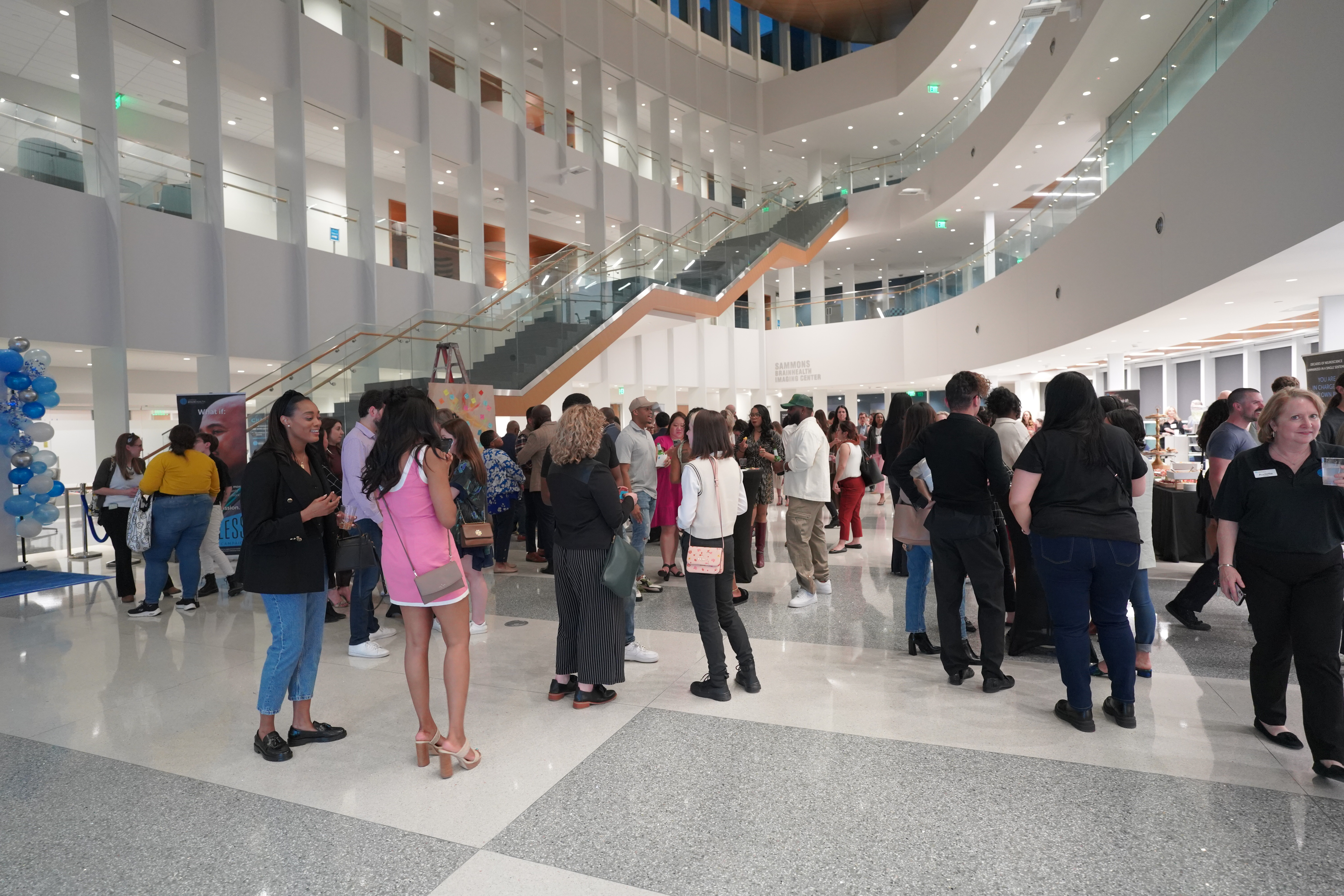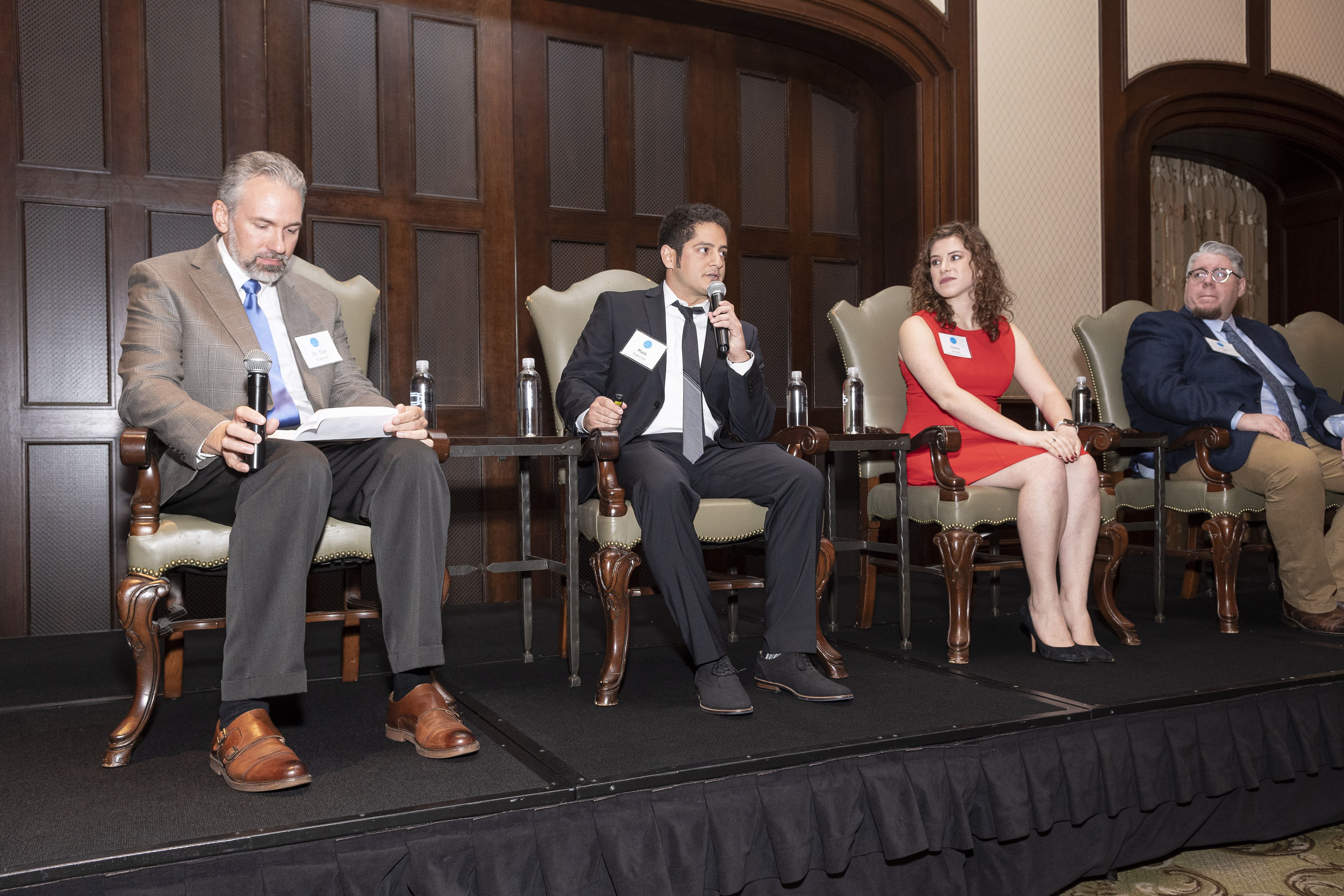
Center for BrainHealth’s Young Professionals Group Raises $50,000 for Autism Research
Center for BrainHealth
Share this article
Related Information



Center for BrainHealth’s Young Professionals Group Raises $50,000 for Autism Research
Center for BrainHealth
Share this article

